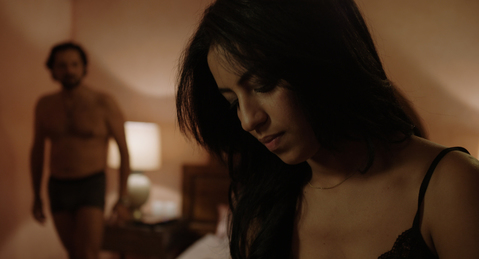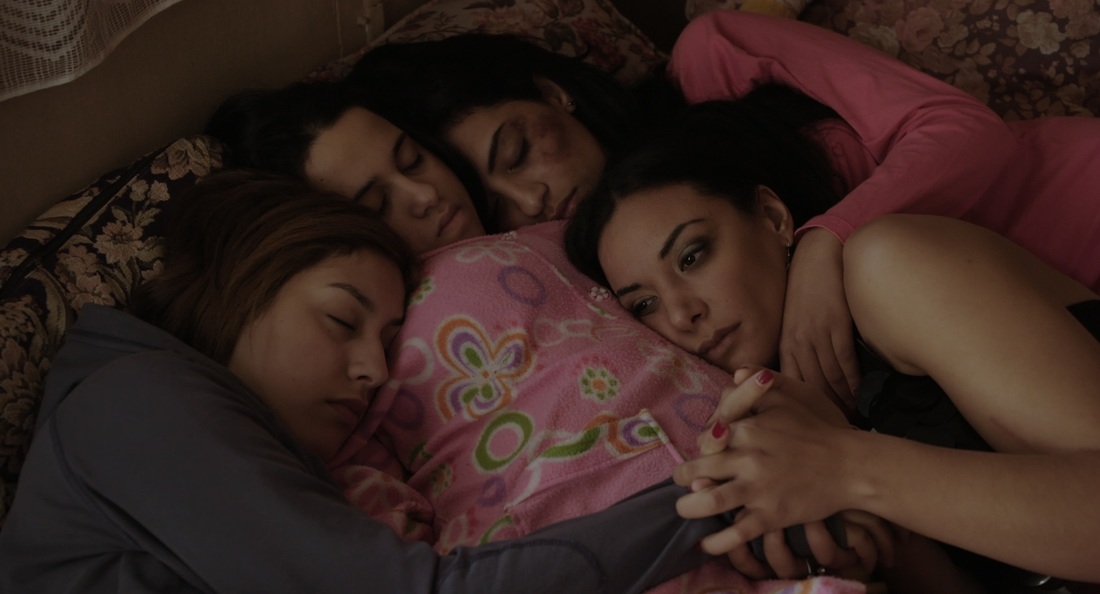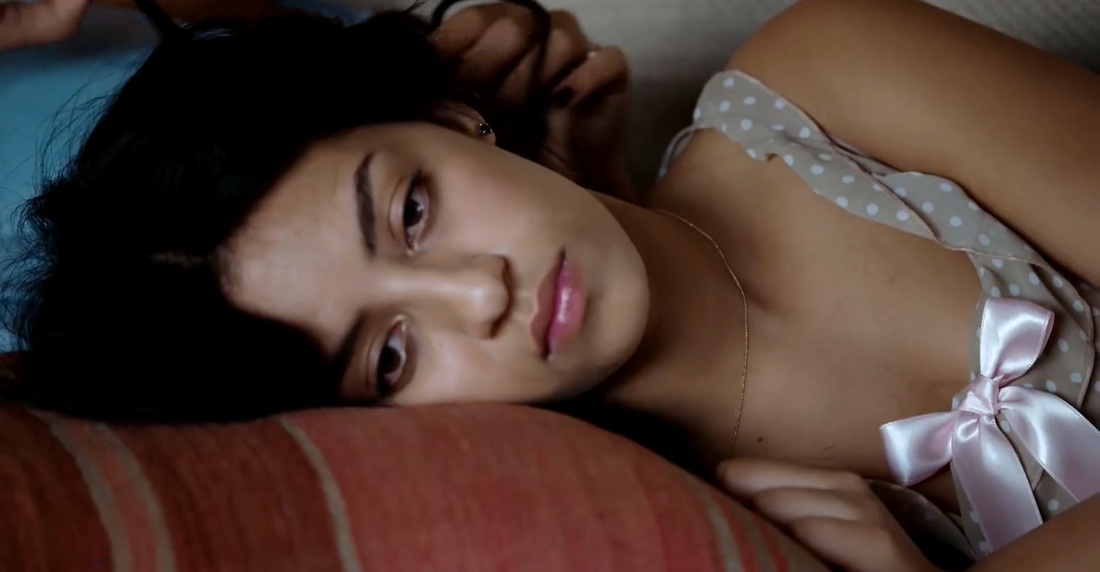 Nabil Ayouch's Much Loved opens at a small dining room, where a group of woman gossip about their profession, the sexual exploits of being a prostitute, over a dinner of couscous, cocaine, and alcohol. The conversation is crude by conventional standards, with the woman speaking about their sexual exploits in such a pragmatic way that it is uncomfortable for the viewer, exhibiting how these women are conditioned this way due to the harsh environment in which they live, where their body is their sole form of income. From there the prostitutes go to a wild party thrown by a group of Saudi Arabians, where they flaunt their bodies, doing degrading things for money. Nabil Ayouch's Much Loved is a unflinching, raw film chronicling the exploits of a group of women in Morocco who make their living as prostitutes. The film is fast-paced, well-crafted and an uncomfortable experience, as the film focuses on three such individuals, each struggling in different ways with the cruel fate which has been dealt to them. Much Loved works due to the strong characterization of Noha, a 28-year-old matriach of the group of upscale call girls, who is essentially the closest thing to a mother many of them have. Noha is a character who has been hardened by the circumstances of her reality, doing whatever it takes to make as much money as possible to support her mother and son, who resent her greatly due to her profession. She is a character who is tough and hardened, but thanks to phenomenal performance by Loubna Abidar and nuanced filmmaking, Noah is also a quietly tragic character. This is a woman who feels the shame and guilt from her mother and has a son who disowned her, and while Noha puts on a face of strength, and presents herself with a workmanship type attitude, it's clear that she herself, much like her younger counterparts, still yearns to find something beyond pleasure, hoping and yearning deep down to feel appreciated on a less superficial level and loved like a true woman should be. The other two central characters, Soukaina, a woman who still harbors romantic sentiment towards a poor man who cares for her, as well as Randa, the youngest and most progressive of the group who struggles to accept her status as a prostitute, are also compelling but this film is truly about Noha and her matriach role over this group of woman who all struggle in a world of sexual oppression, machoism, and the deeply entrenched culture of Moroccan society that is dogmatic in its viewpoint of sex and sexual orientation, where homosexuality is a mortal sin and woman are viewed more as property than as equals. There have been man films dealing with female oppression in recent years on the film festival circuit, and while Much Loved doesn't have much new to say, the film does a better job than most at exhibiting the sense of pain felt deep down in these characters, cutting beyond the mere pain of poor treatment and exposing the true mental anguish this type of oppression creates. All of these characters, even the hardened Noha are individuals who want to viewed in a way that stems far beyond the physical, hoping to be appreciated for their minds, not just their bodies. Following the lives of three woman, Nabil Ayouch's Much Loved captures the importance of unity, as while these characters routinely fight and bicker, due mainly to angst stemming from their lifestyle, they are all each other has, a family of sorts who must stick together to survive.
0 Comments
Leave a Reply. |
AuthorLove of all things cinema brought me here. Archives
June 2023
|



 RSS Feed
RSS Feed
